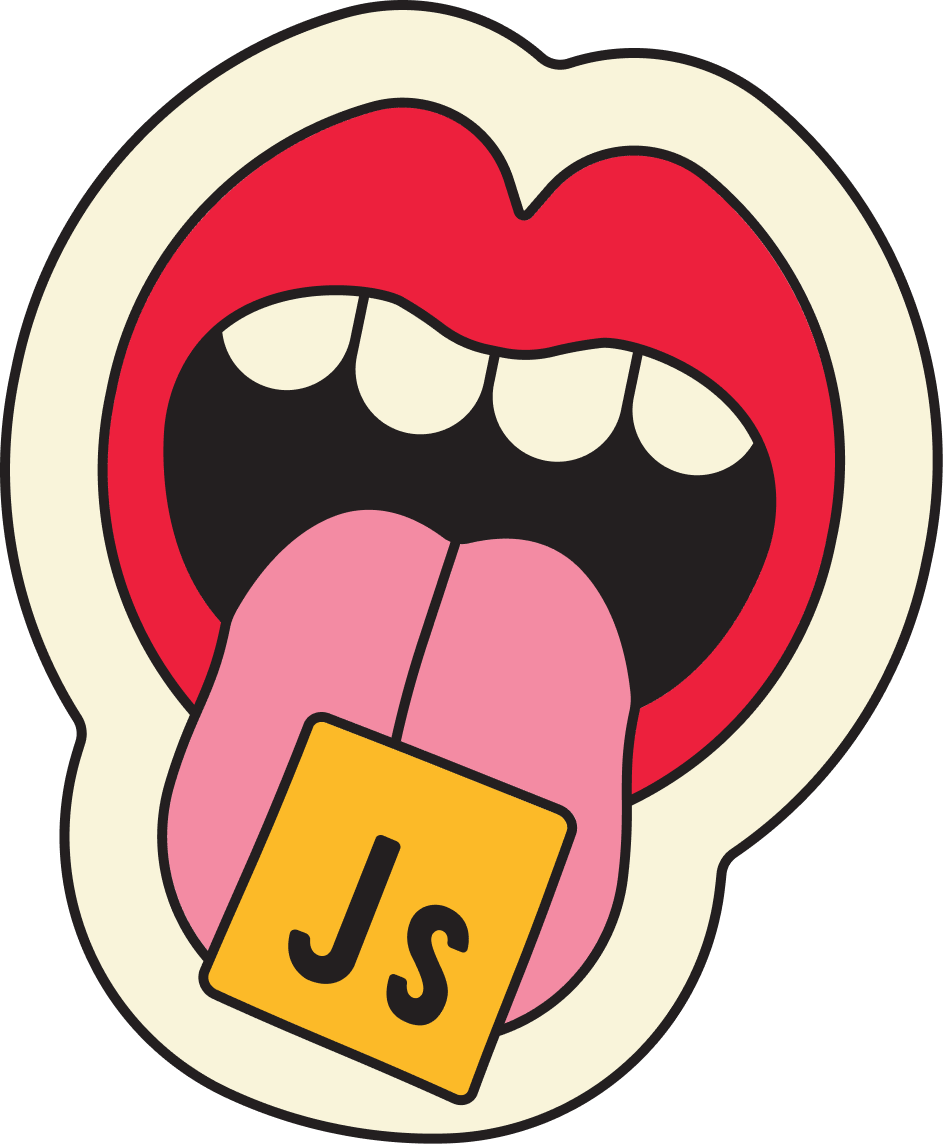graphql-to-js-client-builder
Sick of boring JavaScript newsletters?
Bytes is a JavaScript newsletter you'll actually enjoy reading.
Delivered every Monday, for free.
Bytes is a JavaScript newsletter you'll actually enjoy reading.
Delivered every Monday, for free.